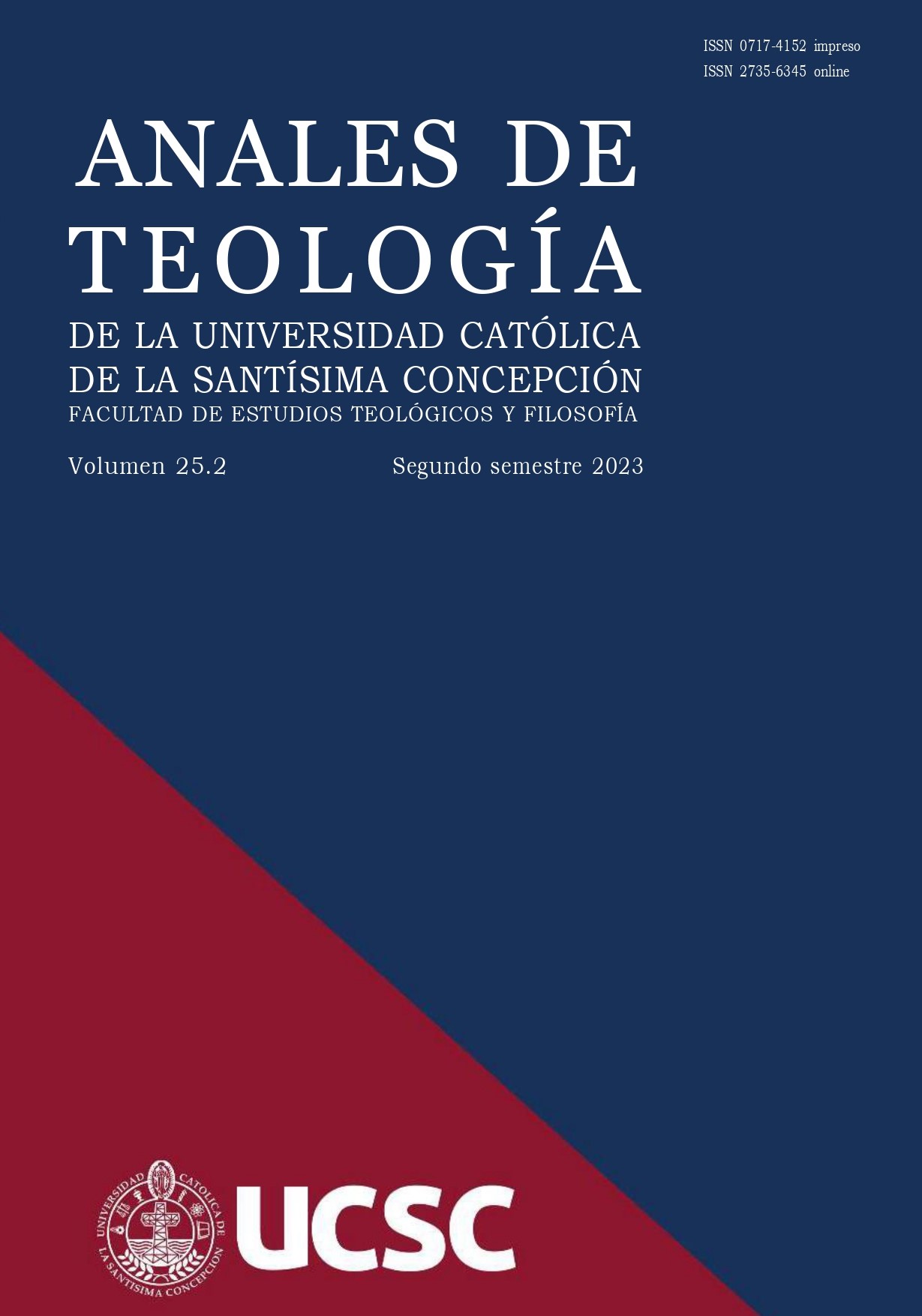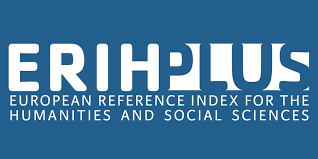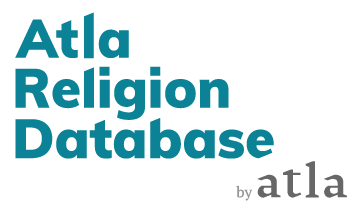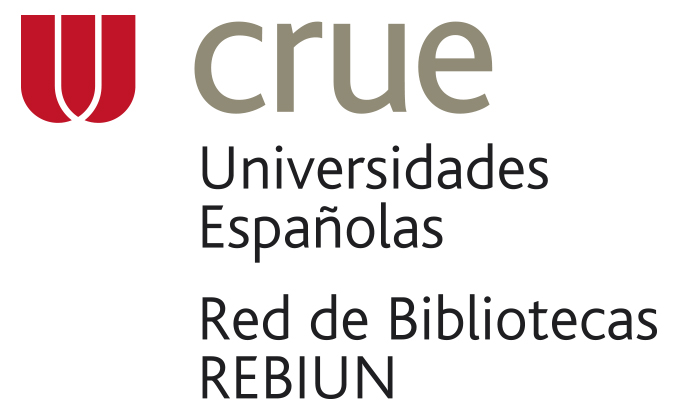The Crossroads of Political Participation in Colombian Pentecostalism
DOI:
https://doi.org/10.21703/2735-634520232522062Keywords:
Pentecostalism, political activity, personalism, anointed one, strongmanAbstract
Since the Political Constitution of 1991 in Colombia, the evangelical church in general and the Pentecostal church in particular began a path of political participation in an institutional way. This participation has generated a crossroads between the political approach, the theological position and the figures eligible and/or supportable as political representatives. These three factors generated tensions in the Pentecostal political endeavor between supporting traditional parties or their own parties; between participation as individual responsibility or body thinking; between political participation as the establishment of the kingdom of God or political participation as a struggle against the corrupt powers of this world. Pentecostal political participation in Colomba has been framed in the designation of caudillo leaders recognized as "anointed ones" who represent God's will for the nation, this with marked social aspects of Hispanic political personalism and its combination with principles of Dominionist Theology. This posture represents in itself a crossroads for the participation of the Pentecostal in civil society in the political aspects since it deprives him, underhandedly, of his individual civil responsibilities and makes him a prisoner of political postures that alienate his rights.
Downloads
References
ALCÁNTARA, SÁEZ, M., "Algunas Consideraciones Generales e Introductorias al Estudio de las Élites Políticas en América Latina", Iberoamericana 14.54 (2014) 155-59.
BELTRÁN, C. - MAURICIO, W. - LAROTTA, S., Diversidad Religiosa, Valores y Participación Política en Colombia. Resultados de la Encuesta Nacional sobre Diversidad Religiosa 2019, World Vision - Universidad Nacional de Colombia, Bogotá 2020.
BELTRÁN, W. - QUIROGA, J., "Pentecostalismo y Política Electoral en Colombia (1991-2014)", Colombia Internacional, 91 (2017) 187-212.
CAICEDO ORTÍZ, J. - CUELLAR ARGOTE, J., El Neocesarismo en Colombia: Algunos Apuntes Sobre el Uribismo y las Causas Perdidas, Ibagué, Tolima 2014.
CANTÓN, M., "Simbólica y Política del Diablo Pentecostal", Cultura y Religión 3.1 (2005) 84-98.
GOLDSTEIN, A., Poder Evangélico : Cómo los grupos Religiosos están copando la PolíTica en América, Marea Editorial, Buenos Aires 2021.
KEENER, CRAIG S. Hermenéutica del Espíritu: Leyendo las Escrituras a la luz de Pentecostés, Publicaciones Kerigma, Oregon 2017.
MORENO, P., "Participación Política e Incidencia Pública de las Iglesias no Católicas en Colombia 1990 - 2010", Historia y Espacio 10.43 (2014) 169-87.
PEREIRA SOUZA, A., "El Pentecostalismo: Nuevas Formas de Organización Religiosa en los Sectores Populares: Origen, Evolución y Funciones en la Sociedad Colombiana 1960 - 1995", Historia Crítica 12 (1996) 43-67.
PÉREZ GUADALUPE, J. L. - GRUNDBERGER, S. (eds.), Evangélicos y Poder en América Latina, Konrad Adenauer Stiftung, Lima 2018.
SORIANO DE GARCÍA-PELAYO, G., "Aproximaciones al Personalismo Político Hispanoamericano del Siglo XIX", Revista del Centro de Estudios Constitucionales, 7 (1990) 203-18.
Downloads
Published
Issue
Section
License
Copyright (c) 2023 Jhohan Centeno Collazos

This work is licensed under a Creative Commons Attribution-NonCommercial 4.0 International License.
The Anales de Teología is an open access journal and does not charge for publication. In addition, it regulates its Copyright and access policy according to the Creative Commons Attribution-NonCommercial 4.0 International Public License (CC BY-NC 4.0), therefore sharing (reproducing and distributing the material in any medium or format) and adaptation (modifying, transforming, and creating from the material) is allowed as long as proper credit is given and the citation is included with the corresponding data. Moreover, it is not allowed to use the material for commercial purposes.




















